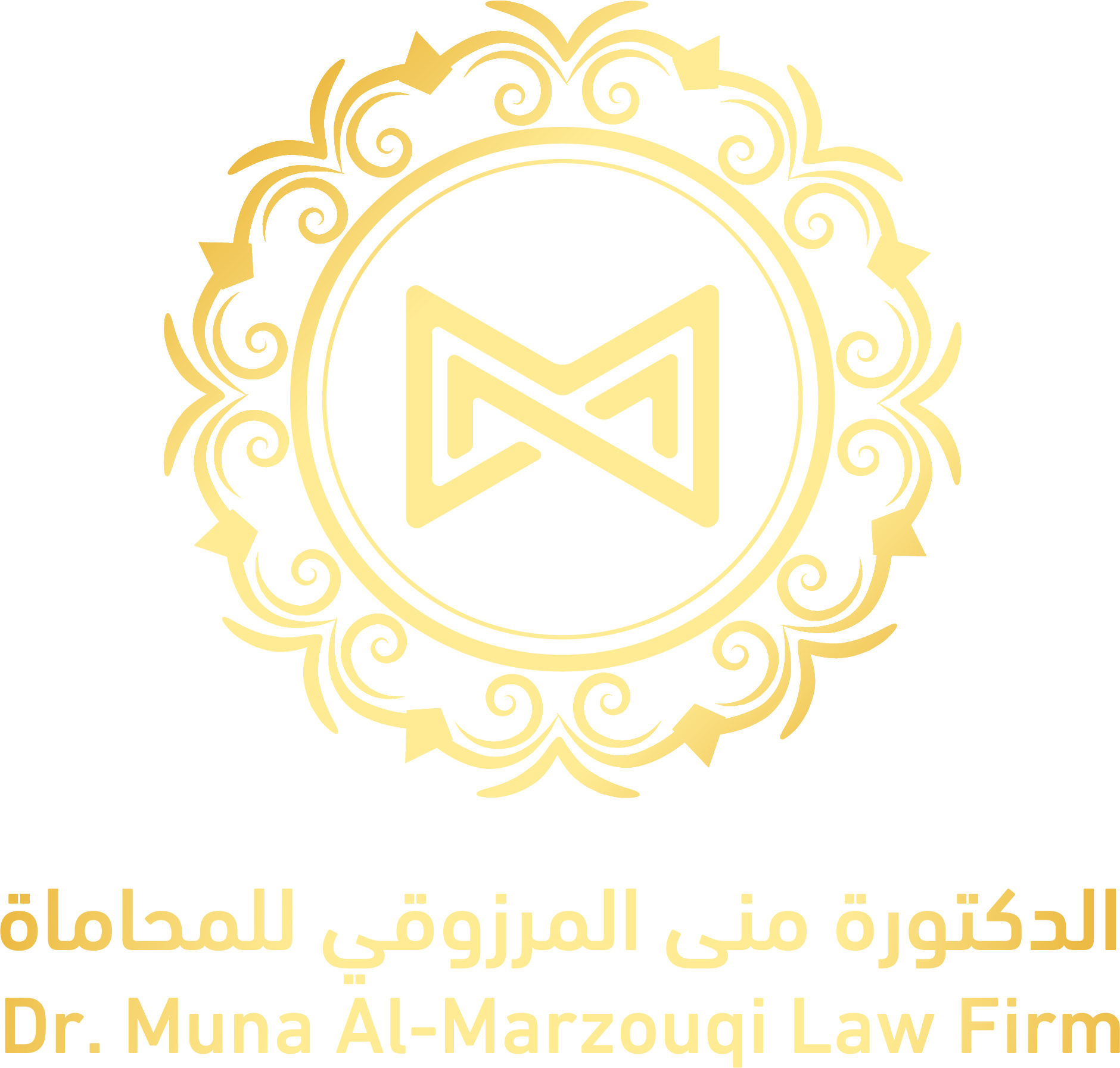Qatar Financial Centre (QFC) was established pursuant to Law No. 7 for the Year 2005. This law presents QFC as one of the leading locations for international finance and business designed to attract international banking, financial services, insurance, corporate head office functions, as well as other businesses.
QFC provides a distinguished investment environment for foreign investors in certain spheres of business provides a number of statutory guarantees therefor. Entities that are approved, authorized, or licensed to carry on their activities in and from the QFC will:
– Not be subject to nationalization or expropriation measures or any restriction on private ownership;
– Have the freedom to repatriate profits and realize investments;
– Have the freedom to recruit and employ employees of their choice on such terms as they wish to agree subject to the regulations of the QFC, and any international treaty obligations entered into by the State of Qatar in respect of the terms of employment of employees in the State;
– Not be subject to any taxes except those levied by or determined in accordance with the QFC regulations; and
– Be owned up to 100% by persons, companies, and other entities which are not nationals of, or residents in, the State.
The QFC Authority and the Regulatory Authority are the competent authorities to approve, authorize or license corporations, individuals, businesses, and other entities to incorporate or establish entities in the QFC or to carry on the permitted activities in or from the QFC and to determine the terms and conditions on which such approvals, authorizations or licenses may be issued.
The QFC Law specifies the activities which may be carried on in or from the QFC. Although these are mainly financial activities, the Council of Ministers may specify other activities to be licensed to be conducted in or from the QFC.

